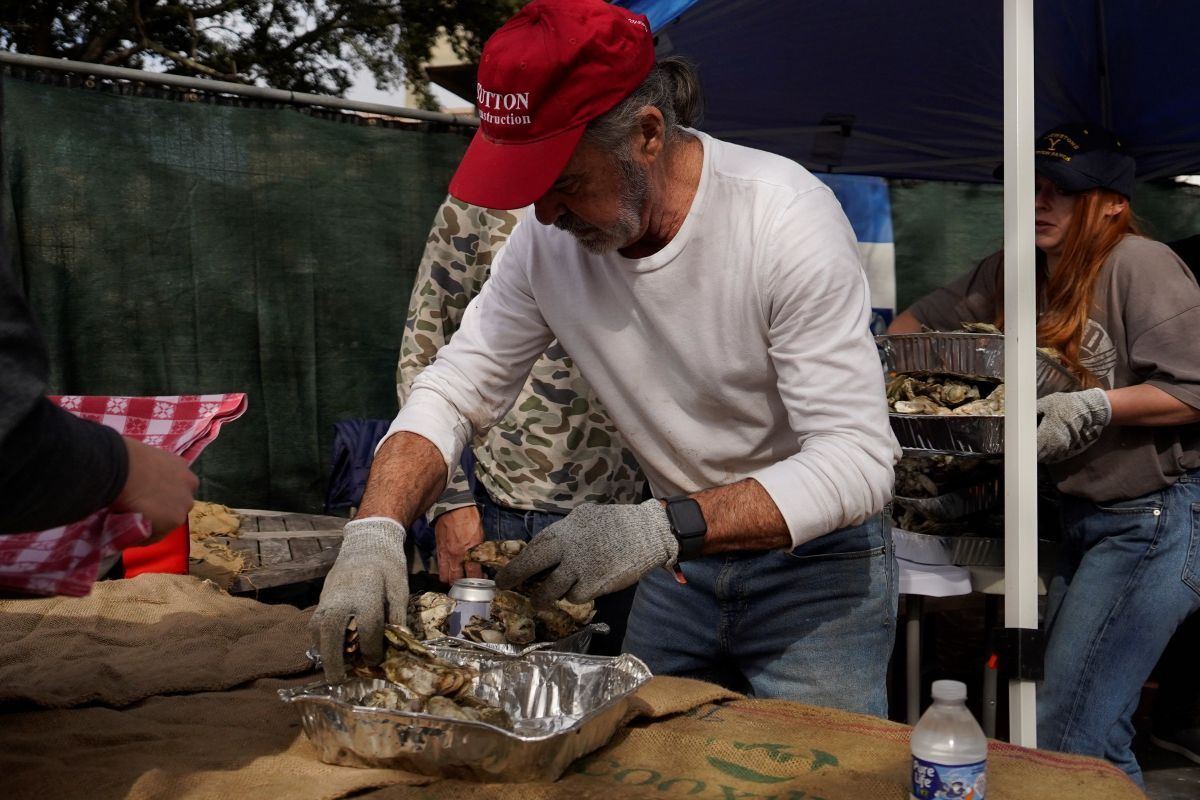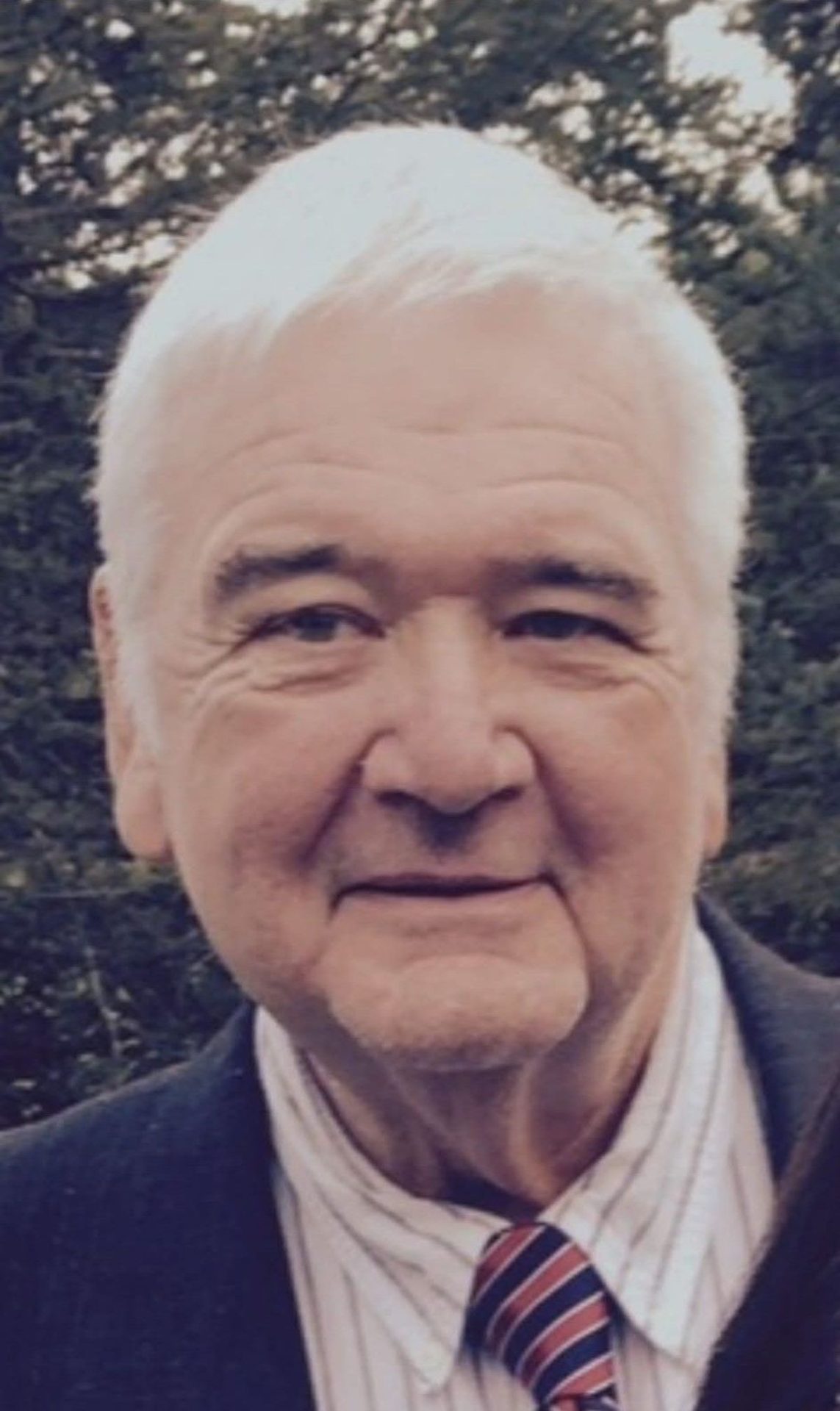By Dr. Charles Bierbauer
My tribe wears garnet and black. Yours may garb itself in orange. Or varying hues of blue and green, even garish combinations of purple and yellow.
My other tribe flies the palmetto and crescent moon on a field of blue. I know, I don’t sound like a Carolinian, but I like to think we’ve adopted each other.
A wary Serb once told me, I spoke like a Russian. He had every reason to worry. It was 1968, and the Russians had just led the Warsaw Pact invasion of nearby Czechoslovakia. And, well, my basic Serbian was based on my much better Russian.
The Serbs were just one of the tribes of Cold War Yugoslavia, an amalgam of Serbs, Croats, Slovenes, Bosnians, Macedonians, Montenegrins and Kosovars. I may have left some out. But at the time, they were Yugoslavs first and tribal ethnicity was sublimated. All hell broke loose at the end of the Cold War, and the Yugoslavs literally slit each other’s throats, and worse.
Tribalism is a cautionary thing. For a fleeting few hours on a Saturday afternoon, it may cloak itself in high spirits and sporting competition. The post-game handshakes at midfield are supposed to equate to an armistice. Verbal slurs lingering days and weeks after are an excess. Coaches, please note.
At the recent Liberty Fellowship Summit in Columbia, Walter Isaacson suggested Americans are losing their willingness to resolve our tribal conflicts. Isaacson, the CEO of the Aspen Institute, is the biographer of Steve Jobs, Albert Einstein and Benjamin Franklin.
Franklin, Isaacson recounted, left Boston and its Puritan elite for Philadelphia where a strong middle class evaded the dictates of tribalism. Franklin presaged the post-9/11 jingoism against Islam by declaring that in Philadelphia, “even if the Mufti of Constantinople were to send a missionary to preach Mohammedanism to us, he would find a pulpit at his service.”
Einstein, witnessing the communist witch hunts of the 1950s led by Senator Joe McCarthy, observed he’d seen it happen before in the most savage tribalism of Nazi Germany. But Einstein, according to Isaacson, felt the United States possessed an internal gyroscope that regularly rights itself. Jobs, more benignly, perhaps, has divided us into cultish tribes — Mac or PC — in which we behold each other’s iconic machine with both envy and disdain. In Jobs’ case, his biographer tells us, only disdain for what he deemed unworthy competition.
We are deep into the political season of 2012, and it’s divisive. Yet we have always managed peaceful transitions of power in our nearing two and a half centuries as a nation. Even an uncivil war did not deter that, though vestiges of that particular tribalism remain to trouble us. Isaacson raises other concerns in his argument against our parochial tendencies. Today’s society, he contends, has lost much of the common ground that “used to hold us together.” The experience of serving in the military is no longer shared across the socio-economic spectrum as it was, for better or worse, prior to the advent of the all volunteer force. Educational equity has severely devolved. South Carolina has its “Corridor of Shame” as evidence.
Isaacson, a former editor of Time and chairman of CNN, says we “used to have great communications.” When CBS’s Walter Cronkite said “that’s the way it is,” that’s the way it was. Now, we have more information than ever, more venues of communication and greater polarization. That’s Isaacson’s take. You and I may agree or disagree, all or in part.
The Liberty Fellowship in South Carolina is the only statewide endeavor in the Aspen Global Leadership Network. Liberty founder Hayne Hipp told the gathering of nearly 900 from across the state that the goal of this year’s summit was to move from thought and discussion to action for the collective good of South Carolinians. Aspen’s vice president, former Congressman Mickey Edwards, compared the solitary hunting style of tigers to the collaborative pride of lions. “South Carolina needs to be a lion, not a bunch of tigers,“ Edwards told our breakout group. As near as I could tell, none of the Clemson tribe growled.
“The mission is not consensus; the mission is compromise, “ Edwards continued. “Compromise doesn’t mean selling out.”
Meanwhile, my wife’s tribe wears Nebraska red. We’ll have an interesting day watching the Capital One Bowl. Champagne for the winner. Two glasses.
Dr. Charles Bierbauer is Dean of the University of South Carolina College of Mass Communications and Information Studies. Recently, Dr. Bierbauer, along with 900 other South Carolinians, attended the second annual Liberty Fellowship Summit in Columbia which is part of the Aspen Institute and has a mission of bringing together a diverse gathering of the top thinkers and leaders from across our state to discuss moving South Carolina forward.
Latest from Community
Feb. 3, 1946 — Jan. 16, 2026 Beaufort Robert Beattie passed away peacefully on Jan. 16,
Northern Beaufort County plunges in to the New Year for good causes By Luke Frazier For
March 12, 1941 – Dec. 23, 2025 Beaufort, S.C. John William Johnston, known to most as





